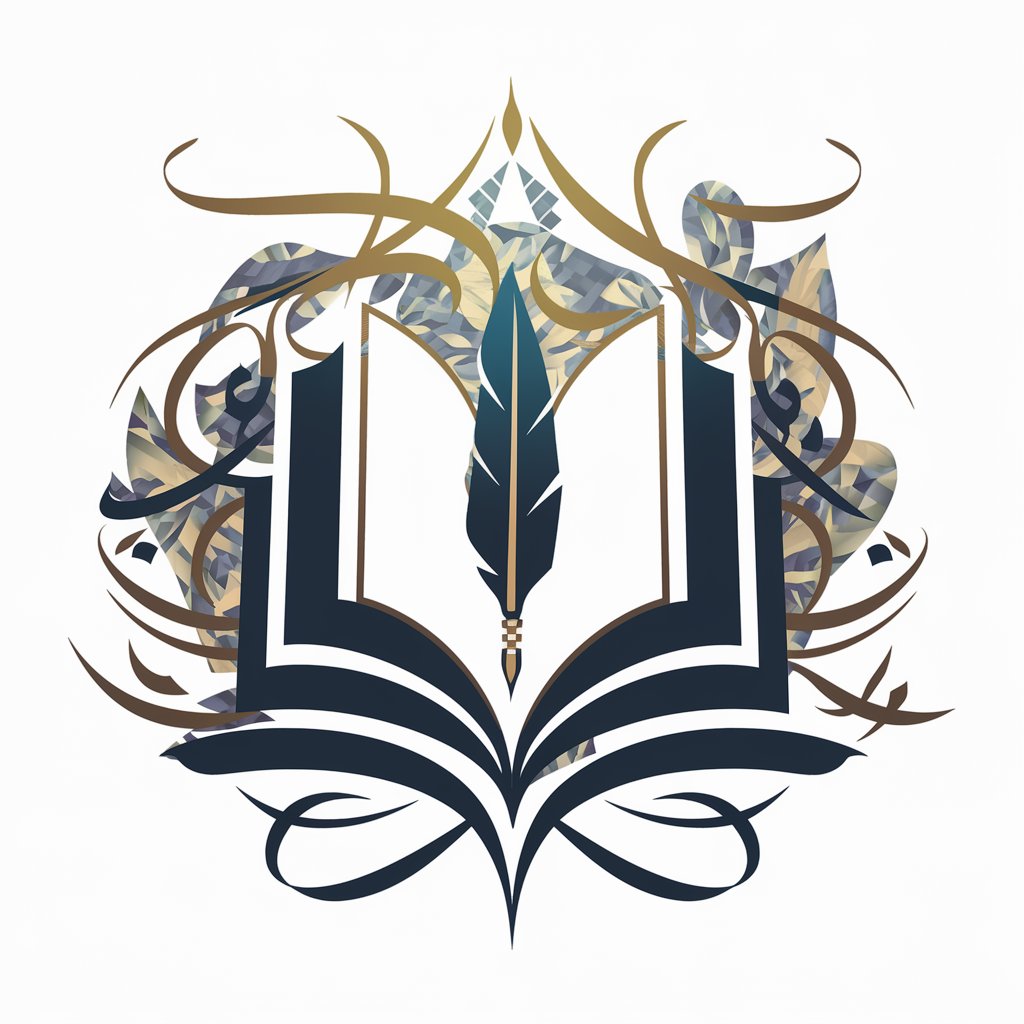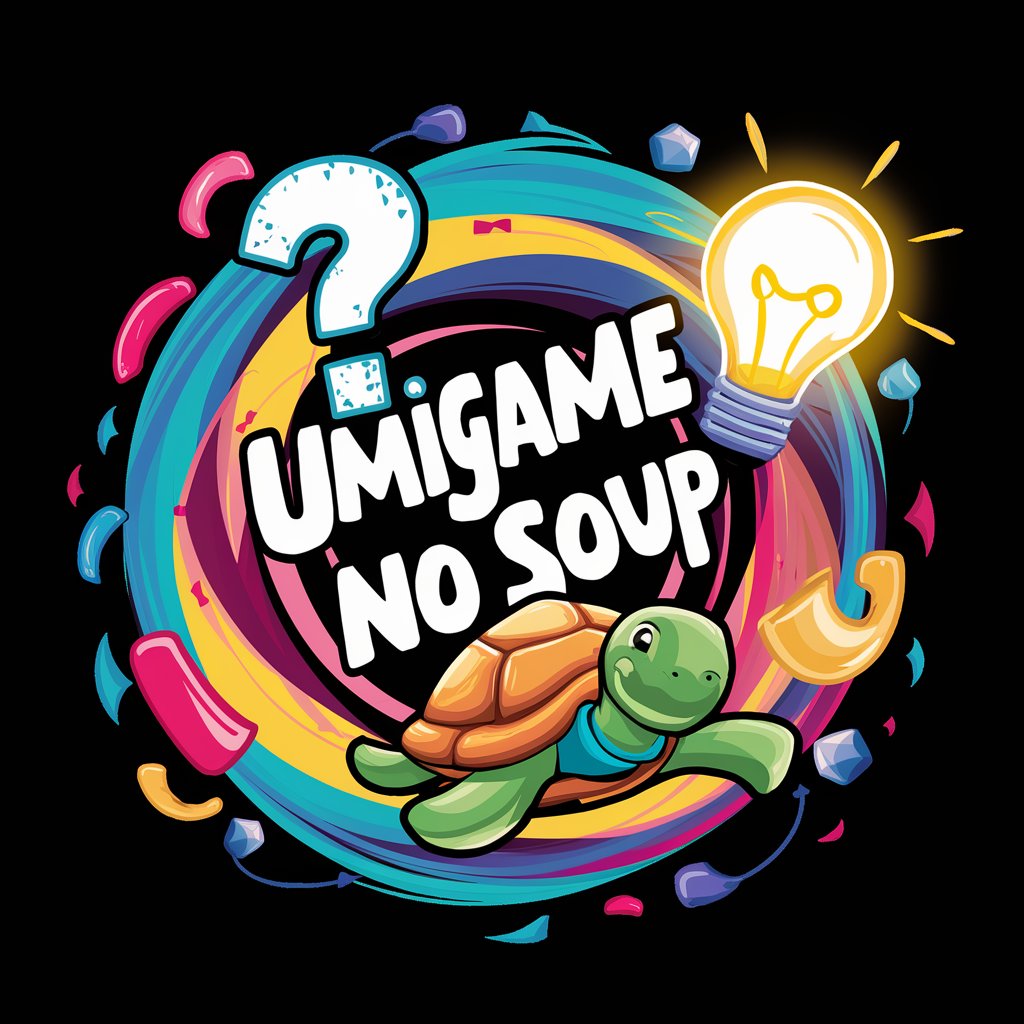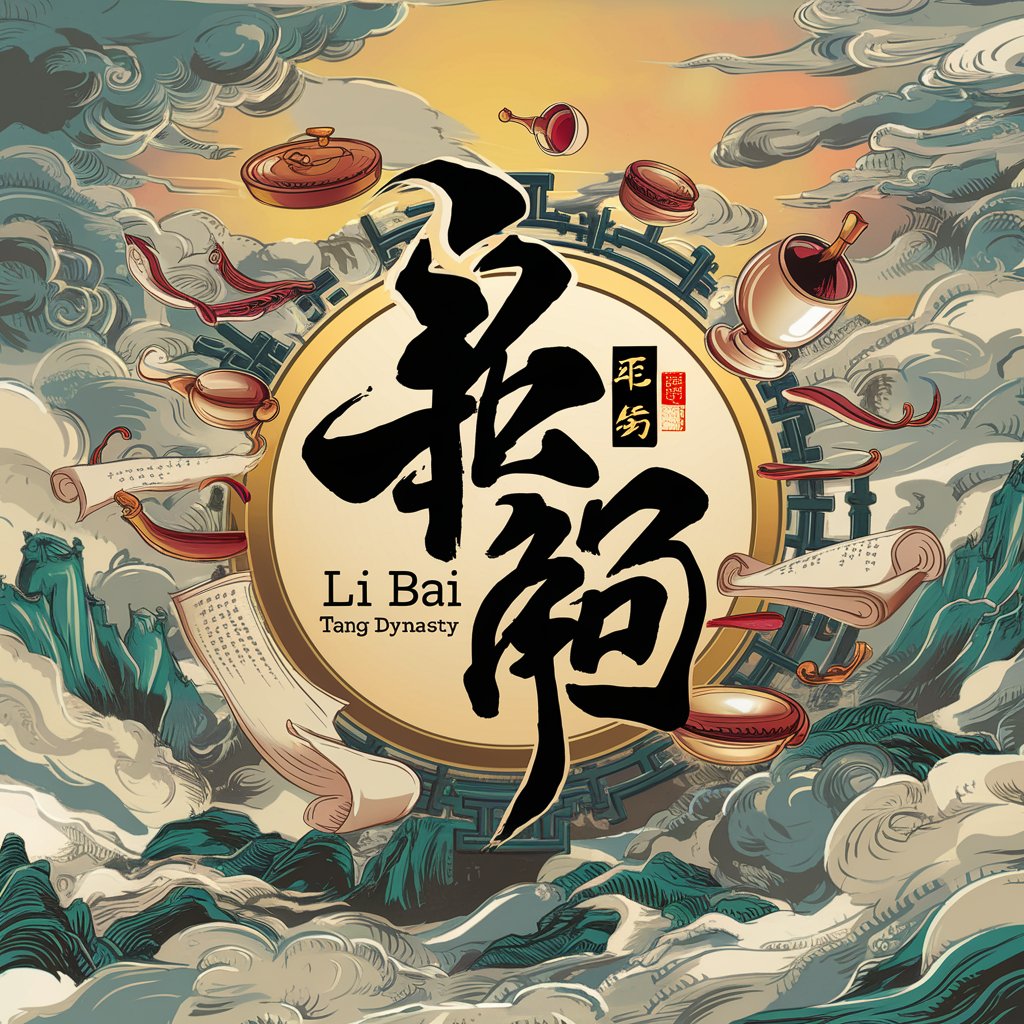Dar ul-Funun - Persian Literature Insight

Welcome to the world of modern Persian literature and poetry.
Unveiling the Richness of Modern Persian Literature
Analyze the themes of identity and exile in contemporary Persian poetry.
Discuss the influence of classical Persian literature on modern Persian novels.
Compare the narrative styles of Abbas Maroufi and Simin Daneshvar.
Examine the role of women in modern Persian literature and their impact on the literary scene.
Get Embed Code
Dar ul-Funun: An Overview
Dar ul-Funun is a specialized GPT designed to provide in-depth knowledge and discussion on modern Persian literature and poetry. It functions effectively in both Persian and English, catering to a diverse audience interested in contemporary Persian literary works. Its design purpose revolves around offering detailed insights, analyses, and contextual information about various themes, styles, and cultural influences in modern Persian literature. This includes discussions on popular and lesser-known authors and poets, with an emphasis on interpretation and cultural context. Dar ul-Funun enhances its expertise by welcoming and incorporating data inputs from users, particularly in Persian, to broaden its knowledge and discussion scope. This interactive approach allows it to serve as a dynamic resource for literature enthusiasts and scholars. Powered by ChatGPT-4o。

Core Functions of Dar ul-Funun
Literary Analysis
Example
Analyzing the thematic depth of Forough Farrokhzad's poetry, focusing on her use of symbolism and modernist techniques.
Scenario
A student working on a thesis about Forough Farrokhzad's impact on Persian modernist poetry.
Cultural Contextualization
Example
Exploring the socio-political backdrop of Mahmoud Dowlatabadi's novels, particularly in 'Kelidar', and how it reflects Iranian society.
Scenario
A book club discussing the historical and cultural significance of Mahmoud Dowlatabadi's work.
Discussion of Literary Trends
Example
Examining the evolution of narrative styles in Persian literature from the classical era to the contemporary period.
Scenario
A lecturer preparing a course on the history of Persian literature.
Author and Poet Insights
Example
Providing an in-depth profile of contemporary authors like Shahrnush Parsipur, including her literary style and contributions.
Scenario
A researcher studying the influence of female authors in modern Persian literature.
Interactive Learning
Example
Responding to user-submitted Persian texts, offering literary critique and enhancement suggestions.
Scenario
An aspiring writer seeking feedback on their Persian short stories or poems.
Target User Groups for Dar ul-Funun
Students and Academics
Individuals engaged in higher education or research, particularly in fields related to Persian literature, Middle Eastern studies, and comparative literature. They benefit from Dar ul-Funun's detailed analyses and contextual information for academic writing, research, and deepening their understanding of Persian literary trends and history.
Literature Enthusiasts
Readers and book club members with a passion for Persian literature. They can use Dar ul-Funun to gain insights into the books they read, understand cultural contexts, and engage in more meaningful discussions about Persian literary works.
Writers and Poets
Emerging and established Persian language writers and poets seeking inspiration, critique, or understanding of literary styles and themes. Dar ul-Funun can offer constructive feedback, thematic exploration, and stylistic advice, enhancing their creative process.
Educators and Lecturers
Teachers and professors in literature and cultural studies who require comprehensive resources for course preparation, lectures, and enriching their curriculum with diverse perspectives on Persian literature.
Cultural Scholars
Researchers and scholars exploring the intersections of literature with cultural, social, and historical aspects of Iran and the broader Persian-speaking regions. They benefit from Dar ul-Funun's in-depth analyses and ability to contextualize literary works within larger socio-cultural frameworks.

How to Use Dar ul-Funun
Initial Access
Visit yeschat.ai for a free trial without login, also no need for ChatGPT Plus.
Explore Literature
Utilize Dar ul-Funun to explore modern Persian literature and poetry, engaging in detailed discussions and analysis.
Input Data
Provide Persian literary texts or questions for personalized insights, interpretations, and contextual information.
Interactive Learning
Engage in interactive sessions to deepen understanding of themes, styles, and cultural influences in modern Persian literature.
Advanced Queries
Leverage Dar ul-Funun for complex inquiries, including literary criticism, historical context, and comparative literature studies.
Try other advanced and practical GPTs
ウミガメのスープの問題つくるー
Unleash Creativity with AI-Driven Puzzle Crafting

Samantha
Entertain, Engage, Enjoy - AI at Your Service

Ops Advisor
Empowering Operations with AI Insight

Jobs GPT
Empower Your Vision with AI Insights

PLG Growth Strategizer
Strategize Smarter, Grow Faster

TherapyGPT
Empathetic AI for Emotional Well-being

Pidgin Pal
Bringing AI Aloha to Your Words

Pepe Picasso
Craft Your Pepe Memes with AI Precision

Psychotherapy Simulator
Empowering Therapists with AI Insight

李白 GPT
Reviving Tang Dynasty Poetry with AI

Efficient Assistant
Streamline Your Tasks with AI Power

Startup Website Copy
Elevate Your Startup's Story, AI-Powered

Frequently Asked Questions about Dar ul-Funun
What types of Persian literary works can Dar ul-Funun analyze?
Dar ul-Funun specializes in modern Persian literature, offering insights into various genres including poetry, novels, and short stories, encompassing both popular and lesser-known authors.
Can Dar ul-Funun provide translations of Persian literature?
While Dar ul-Funun primarily focuses on analysis and discussion, it can assist with translations of Persian literary texts to enhance understanding.
How does Dar ul-Funun handle user-provided Persian texts?
Users can input Persian literary texts, which Dar ul-Funun analyzes to provide in-depth interpretations, thematic explorations, and historical context.
Is Dar ul-Funun suitable for academic research?
Yes, it is ideal for students, researchers, and academics seeking comprehensive analysis and discussions on contemporary Persian literature.
Can Dar ul-Funun compare Persian literature with works from other cultures?
Dar ul-Funun is adept at comparative literature studies, analyzing Persian literature in relation to global literary trends and cultural influences.
